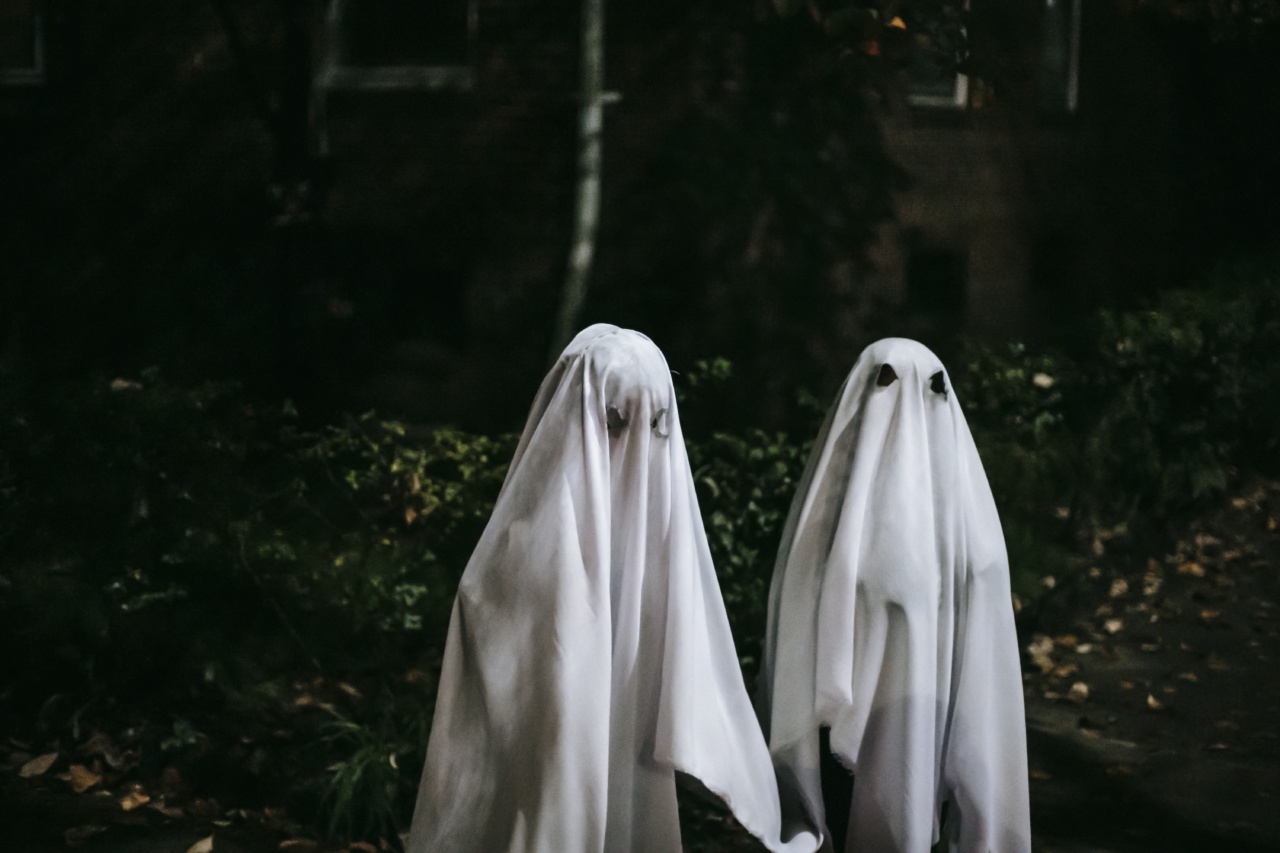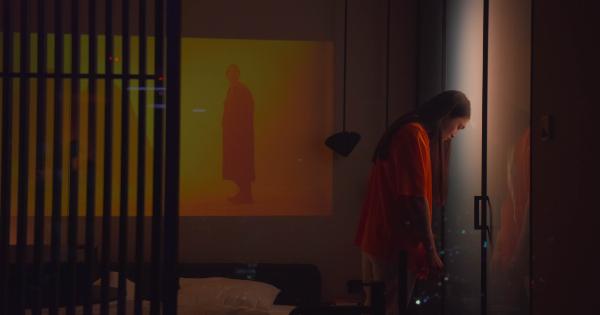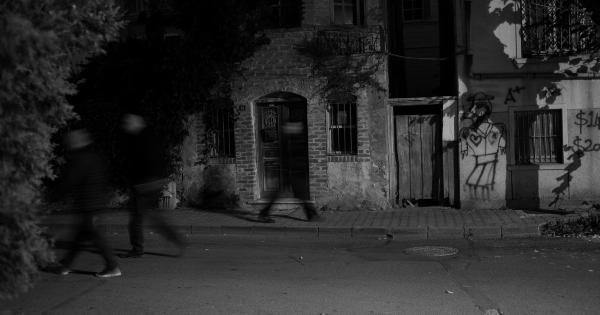Night terrors are a type of sleep disorder that occurs in children. They are distinguished from nightmares in that they cause the child to abruptly wake up in a state of distress, confusion, and fear.
Night terrors tend to happen in the first few hours of sleep, causing the child’s body to become paralyzed, and breathing to become shallow and rapid. Let’s explore this topic further and gain a greater understanding of night terrors in children.
What Causes Night Terrors in Children?
The causes of night terrors in children are still not fully understood by medical professionals. However, some factors have been identified as possible contributors:.
- Genetics
- Stressful events, such as starting daycare or school, moving to a new house or city
- Fever or illness
- Sleep deprivation or inconsistency in sleeping routines
- Some medications such as antihistamines, decongestants, or stimulants
What Are the Symptoms of Night Terrors in Children?
The symptoms of night terrors in children are quite different from those of nightmares. Here are some of the signs that your child may be experiencing night terrors:.
- The child suddenly wakes up in a state of panic, with eyes wide open and fear in their face
- The child is sweating and breathing heavily
- The child is inconsolable and does not recognize you or their surroundings
- The child does not respond to your attempts to wake them up
- The child goes back to sleep after the episode and does not remember it in the morning
How Are Night Terrors Diagnosed?
If you suspect that your child is experiencing night terrors, you should talk to their pediatrician. The doctor will perform a physical exam and order some tests to rule out any underlying medical conditions.
The doctor will also ask you about your child’s sleep patterns and any other symptoms they may be experiencing. Based on this information, the doctor may refer you to a sleep specialist for further evaluation.
How Can Night Terrors Be Treated?
Most children outgrow night terrors on their own without any intervention from adults. However, if the night terrors persist or interfere with your child’s quality of life, the doctor may recommend some management strategies:.
- Establishing a regular sleeping routine
- Making sure the child gets enough sleep
- Reducing stressors in the child’s environment
- Avoiding certain medications that may trigger night terrors
- Waking the child up 15 minutes before the expected time of the night terrors
- Treating any underlying medical or psychological conditions that may be contributing to the night terrors
What Can Parents Do When Their Child Experiences Night Terrors?
Seeing your child in a state of panic and confusion can be very distressing for parents. Here are some tips on how to deal with night terrors in children:.
- Stay calm and wait for the episode to pass. Do not try to wake the child up or reason with them as it may make the episode worse.
- Make sure the child is safe during the episode. Remove any sharp or hard objects from their bed to prevent injury. If the child tries to get out of bed, gently guide them back, without restraining them.
- Reassure the child that everything is okay and that you are there for them. Speak calmly and soothingly to the child, but avoid engaging in conversation with them.
- Record the duration and frequency of the night terrors. This information will be helpful for the doctor to make an accurate diagnosis and develop an appropriate treatment plan.
Conclusion
Night terrors can be a frightening experience for both children and parents. However, with a better understanding of the causes, symptoms, and management strategies of night terrors, parents can help their children overcome this sleep disorder.
Remember that most children outgrow night terrors on their own, and that in the meantime, your love and support can make a big difference in helping your child feel safe and secure.



























